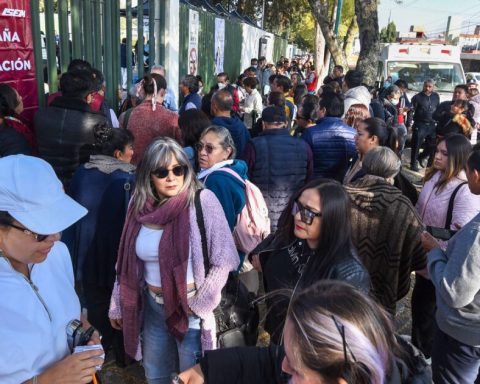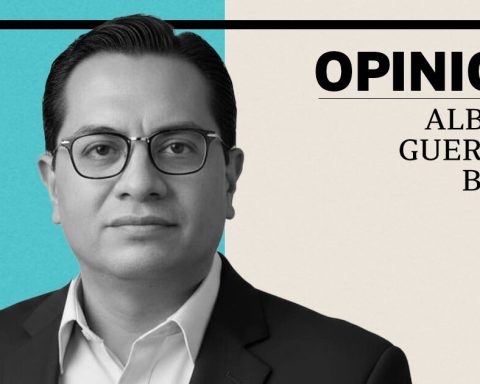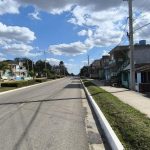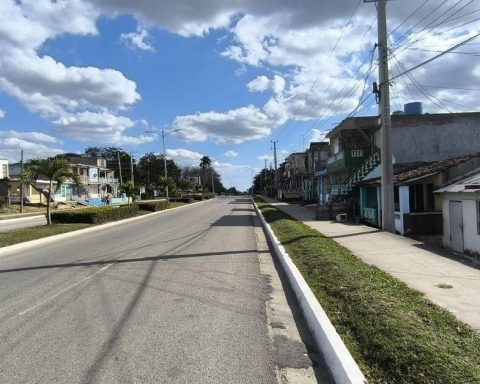angeles cruz martinez
Newspaper La Jornada
Thursday November 24, 2022, p. fifteen
With the covid-19 pandemic, the challenges for the country in terms of care for people with disabilities have increased, which at the Luis Guillermo Ibarra Ibarra National Rehabilitation Institute implies the need to increase pulmonary, neurological, hearing care services and ophthalmology for people with sequelae of the infection caused by the coronavirus, warned Gustavo Reyes Terán, head of the Coordinating Commission of the National Institutes of Health and High Specialty Hospitals (Ccinshae).
The official participated yesterday in the inaugural session of the ninth International Congress of Rehabilitation Research, organized by the INR, where he underscored the responsibility of that organization in the face of the disability that all people, at some point in their lives, will suffer to a lesser or lesser extent. greater extent.
It is a growing public health problem that, according to the World Health Organization, affects 15 percent of the population globally, that is, around one billion individuals. In 2020, almost 21 million people with a disability lived in Mexico.
Before the members of the INR and the Secretary of Health of Mexico City, Oliva López Arellano, among other officials, Reyes Terán highlighted the importance of the current moment that the INR is experiencing, which is one of transformation to resume its Best moments
its leadership in research and priority objectives, among others, to recover the levels and volume of highly specialized medical care for people without social security.
Also increase the quality in the education and training of public servants, as well as conduct the development and operation of the resources available to the institute in a transparent, honest and effective manner.
To this end, the director of the INR, Carlos Javier Pineda Villaseñor, will launch the Comprehensive Rescue Plan that has already been authorized by the governing board and places the substantive areas in the center: highly specialized medical care, health education and research on disabilities with an intercultural approach, with a perspective of rights and gender equality.
Reyes Terán pointed out that other INR challenges are comprehensive care for a growing number of people with disabilities associated with aging, as well as patients with burns, which are expensive.
The data is relevant because in the INR, as well as in the rest of the national institutes and highly specialized federal hospitals, the services are free, he recalled.














